The thing I’ve been really interested in the last few years in my research is thinking about the problem of fascism and Nazism, and the way in which in the human sciences, the history of the human sciences, these phenomena came to be understood.
Nexus Conference 2012: How to Change the World?
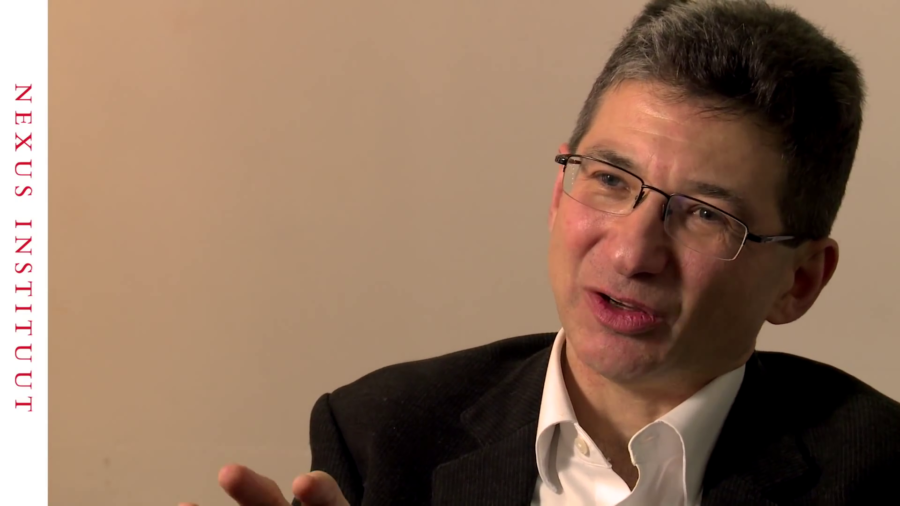
Daniel Pick on Psychoanalysis and Fascism
presented by Daniel Pick
There is this bias in society that as long as you have more information things are automatically better because you have more knowledge. It’s a bias that goes all the way back to the Enlightenment.
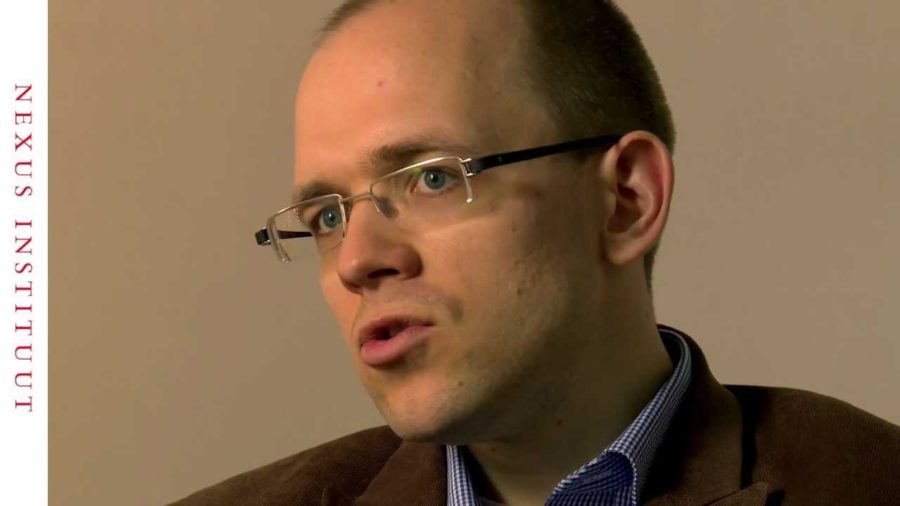
Evgeny Morozov on the Kingdom of Geeks
presented by Evgeny Morozov
There is this very bizarre alliance between world-changing geeks on the one hand and policymakers who only care about outcomes. They no longer care about how those outcomes are arrived at. They have stripped politics of all meaning. All they want is to get people to do the right thing. They don’t care why they do it.
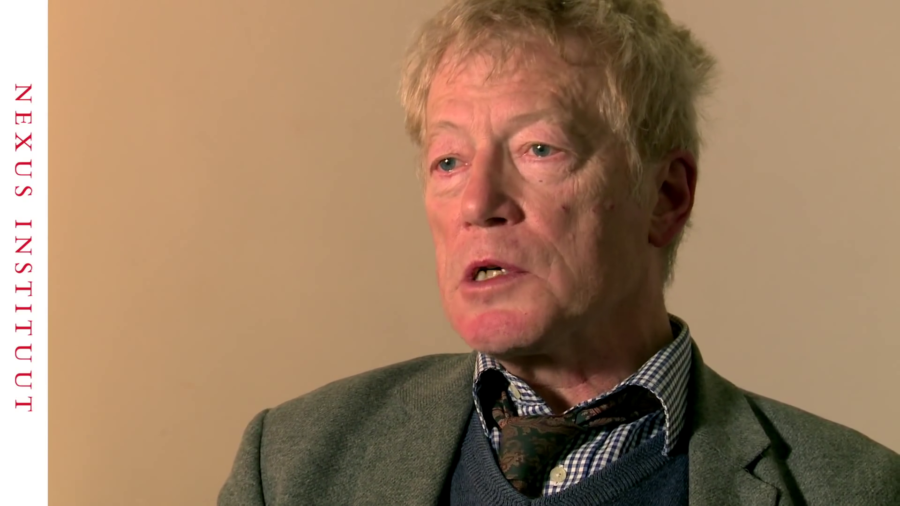
Roger Scruton on Alternatives to Idealism
presented by Roger Scruton
The 20th century was created by idealism. Communism and fascism and Nazism are all based on idealized systems, what the world should be ideally, and how it isn’t what it should be, and therefore we’re entitled to change it radically and take control of it in order to do so.
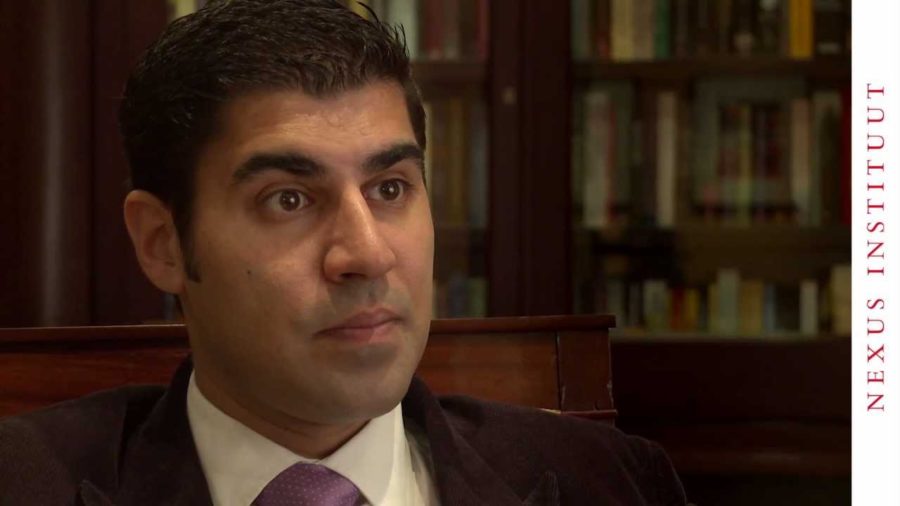
Parag Khanna on the Ideal World
presented by Parag Khanna
For most people on an individual level most the time, their future still feels very different from that of other people. We live in a world, for example, of enormous income inequality, right. So even though there is a global economy, it certainly doesn’t feel like one’s sort of day-to-day fate or destiny is linked to those of people around the world, even if it is in very invisible kinds of ways.
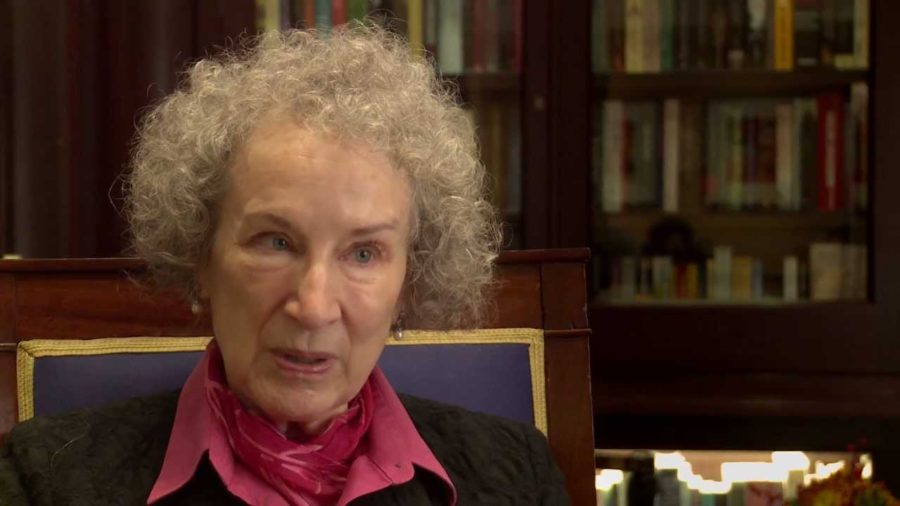
Margaret Atwood on Fiction, the Future, and the Environment
presented by Margaret Atwood
We have already changed the world a lot, not always for the better. Some of it’s for the better, as far as we human beings are concerned. But every time we invent a new technology, we like to play with that technology, and we don’t always foresee the consequences.
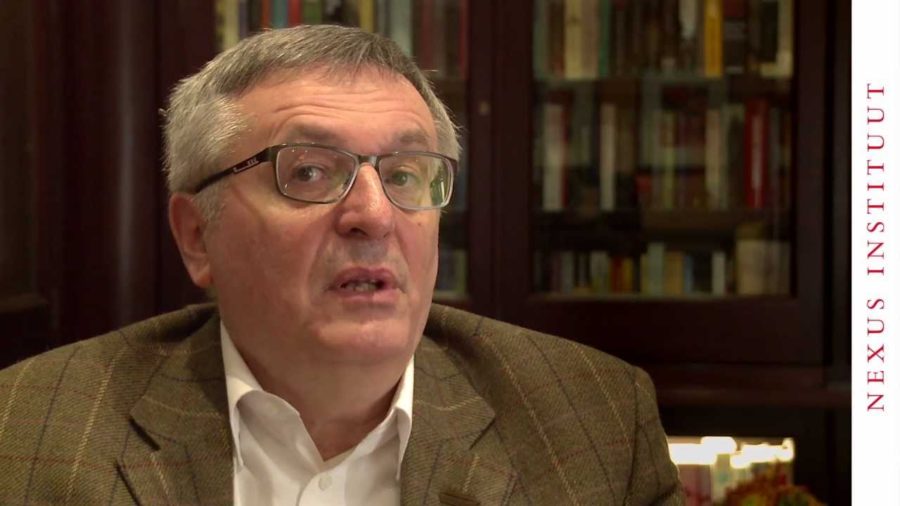
John Gray on Man, Beliefs, and Changes
presented by John Gray
One of the problems here, of course, is that there’s no “we.” Who’s we? I mean, humanity’s composed—the human species is composed—of billions of separate individuals with different goals, different plans, different values, and different ideals.
